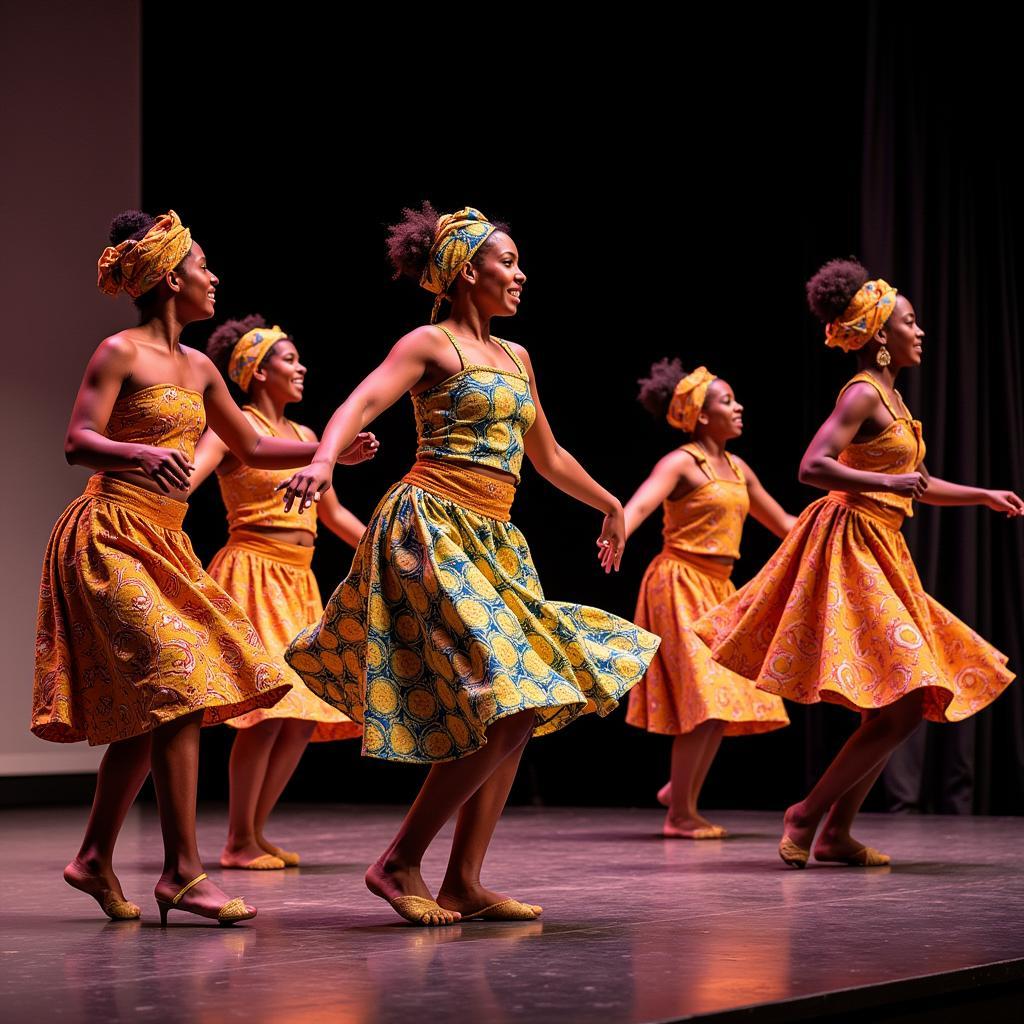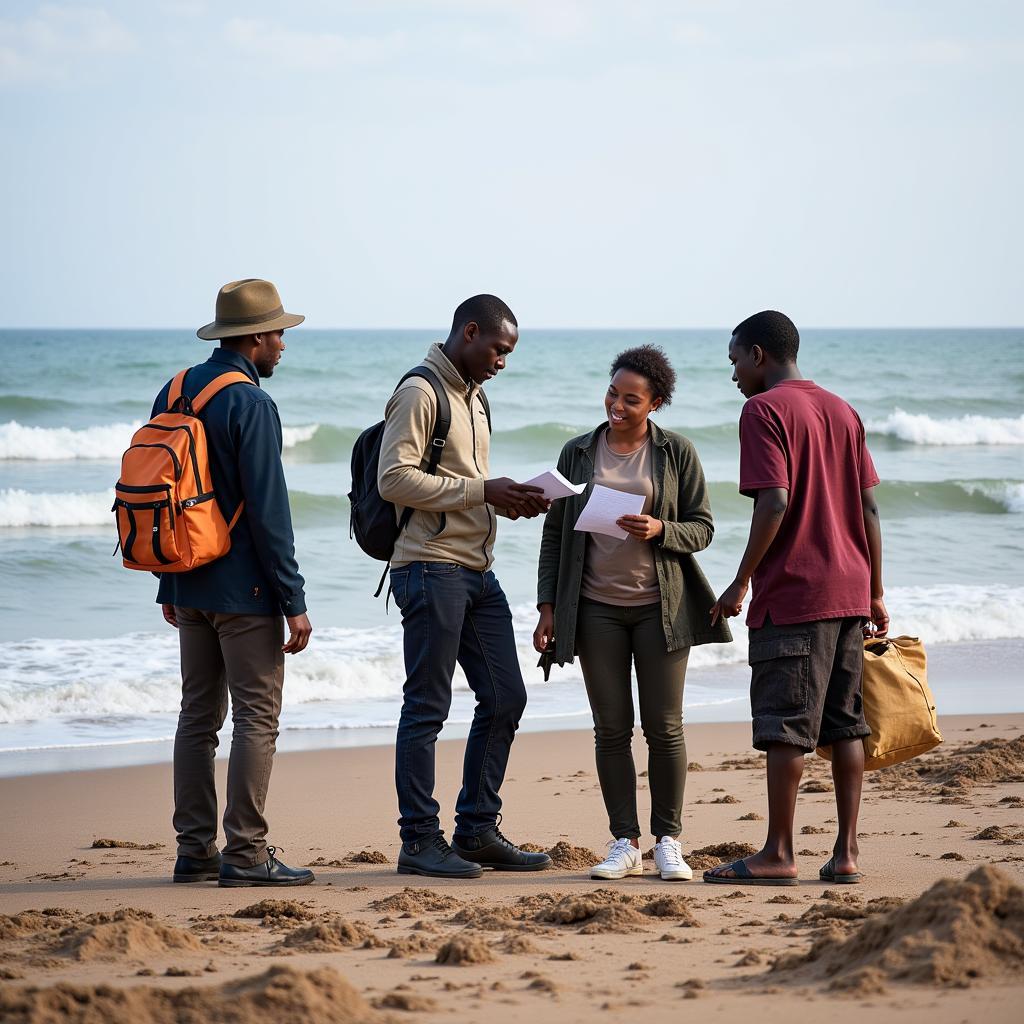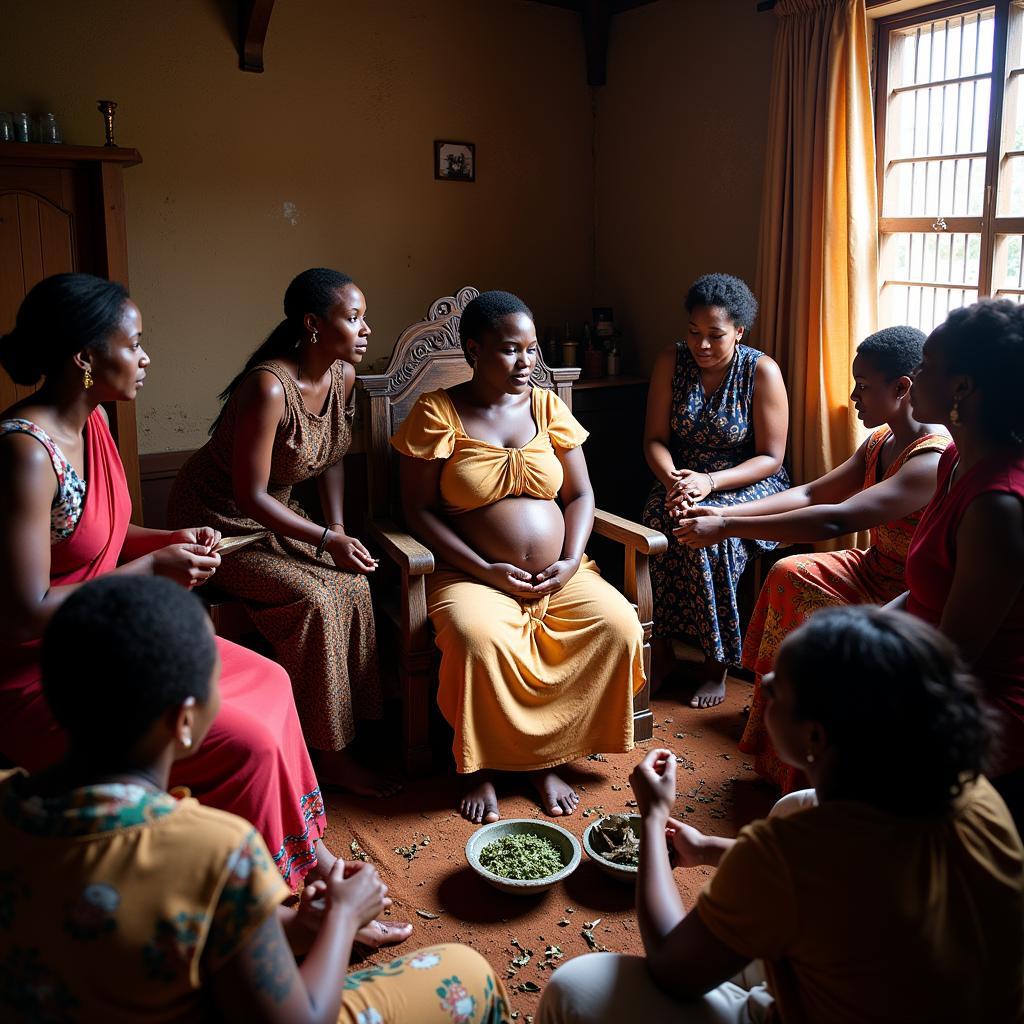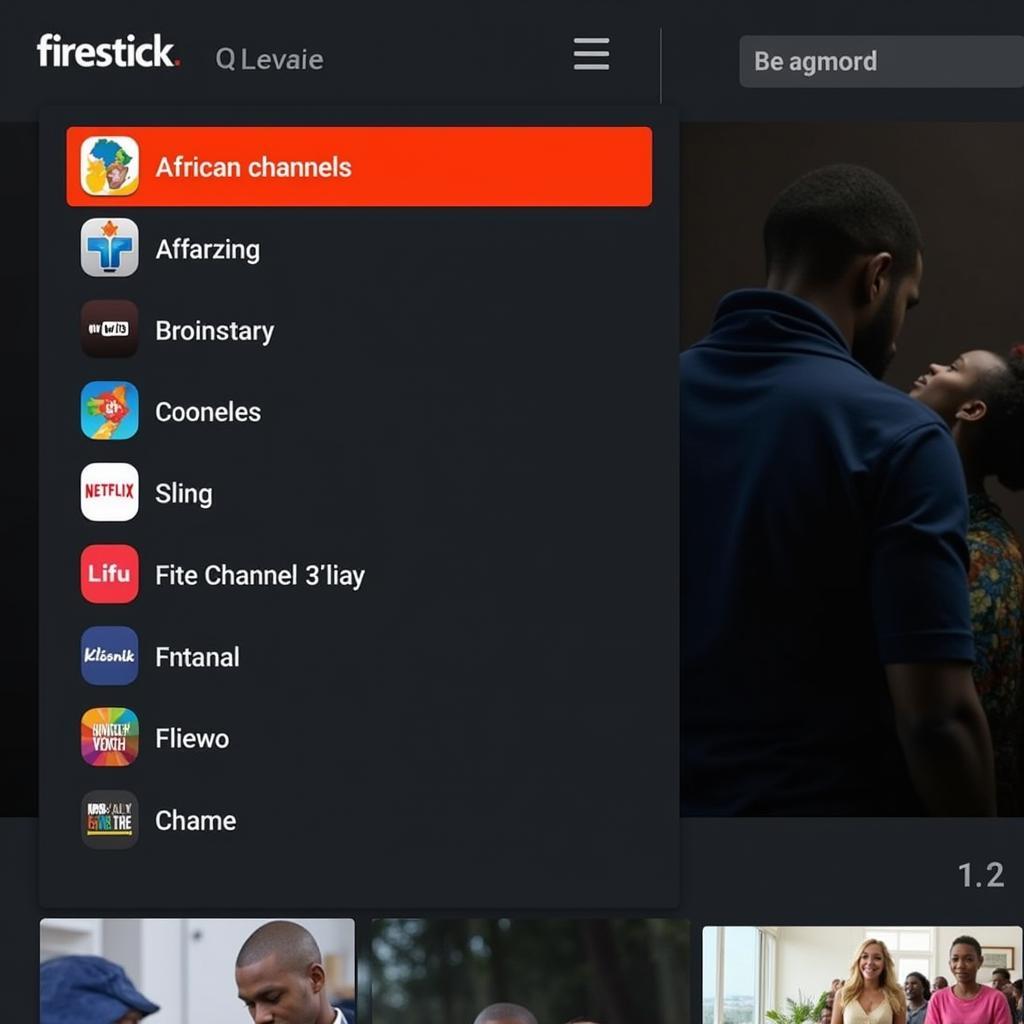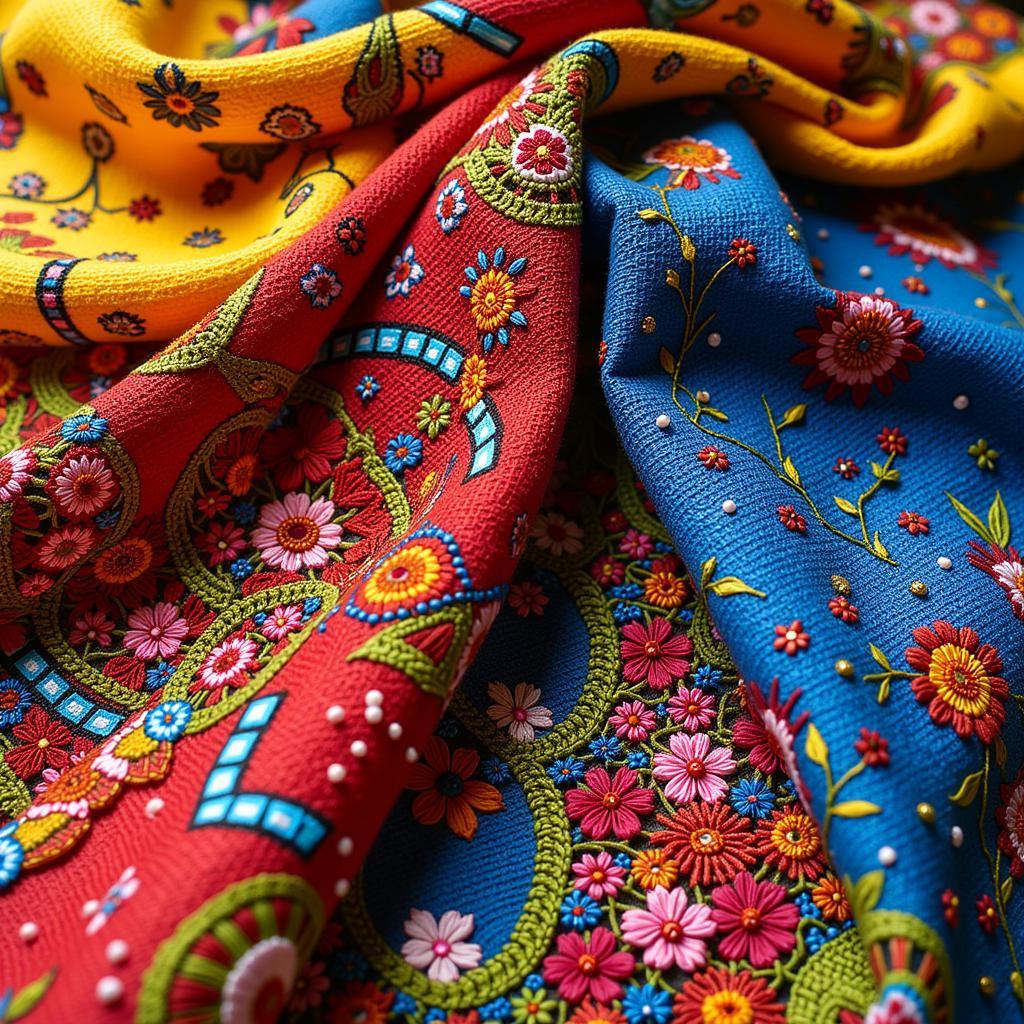African Elephant Group HD: A Glimpse into Their Social Structure
The African savanna unfolds like a vast canvas, painted with hues of gold and green, where majestic creatures roam free. Among them, the African elephant group, captured in stunning HD, commands attention. These gentle giants, far from being solitary nomads, thrive in complex social structures that dictate their lives from birth to adulthood.
The Matriarch: Wise Leader of the Herd
At the heart of every African elephant group lies the matriarch, the oldest and often largest female. Years of experience have endowed her with an incredible memory, knowledge of migration routes, and the ability to locate vital resources like water and food. This wisdom is crucial, especially during droughts, ensuring the survival of the entire herd. She guides her family with gentle nudges, rumbles, and a powerful presence that speaks volumes in the elephant world.
The Bonds of Family: More Than Just Relatives
An African elephant group is a matrilineal society, with the matriarch’s daughters, granddaughters, and their offspring forming the core. This tight-knit family unit shares an unbreakable bond. Young calves, especially females, are raised collectively, learning essential survival skills from experienced females. The entire group mourns the loss of a member, often revisiting their bones years later in a poignant display of remembrance.
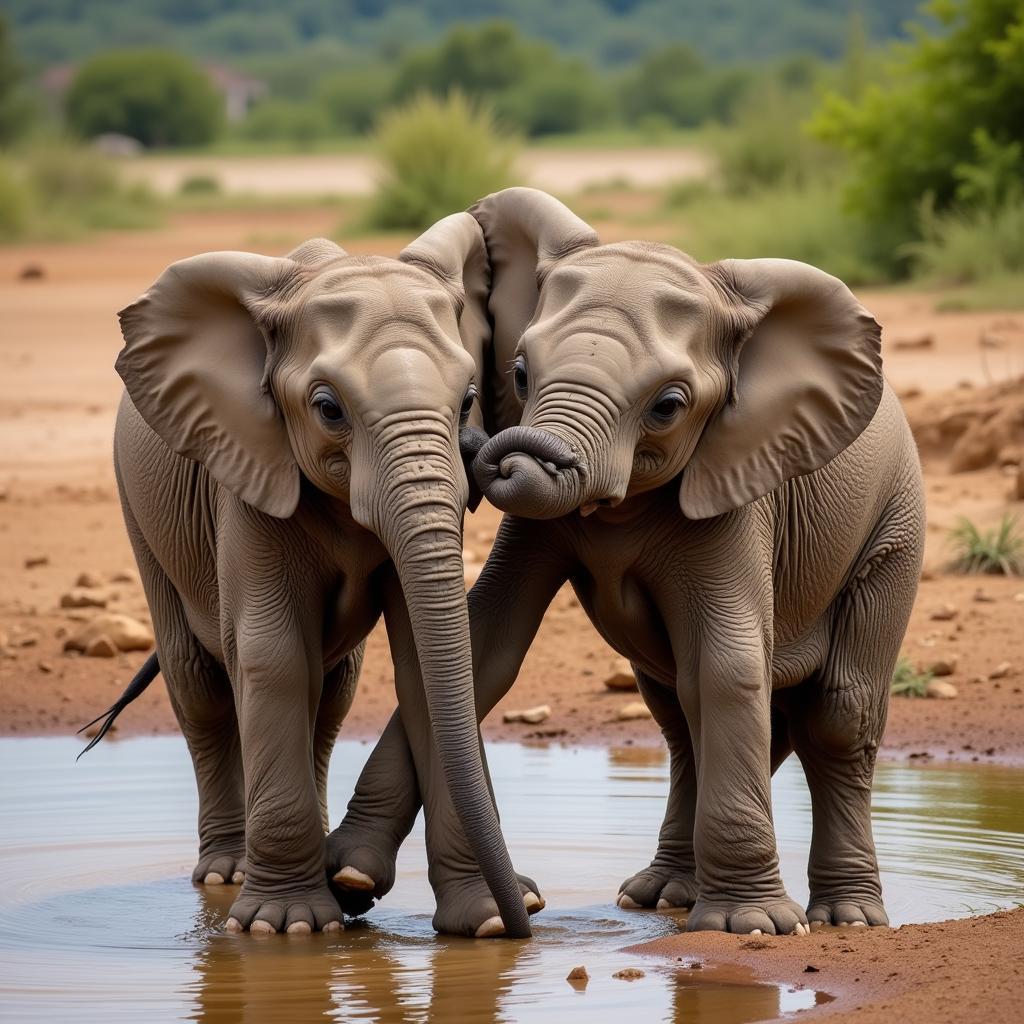 Young African Elephant Calves Playing
Young African Elephant Calves Playing
Strength in Numbers: Facing Threats Together
Living in a group offers African elephants significant advantages in a challenging environment. Their collective size and strength deter predators like lions and hyenas. When danger does arise, the entire group forms a protective circle around the most vulnerable members – the young and the old. This united front, often captured in striking HD images, is a testament to their unwavering commitment to family.
Communication is Key: A Symphony of Sounds
African elephant groups communicate through a complex repertoire of sounds, some audible to the human ear, others below our range of hearing. Rumbles, trumpets, roars, and even seismic vibrations through the ground convey vital information. These sounds express joy, warn of danger, maintain cohesion within the group, and strengthen the bonds that unite them.
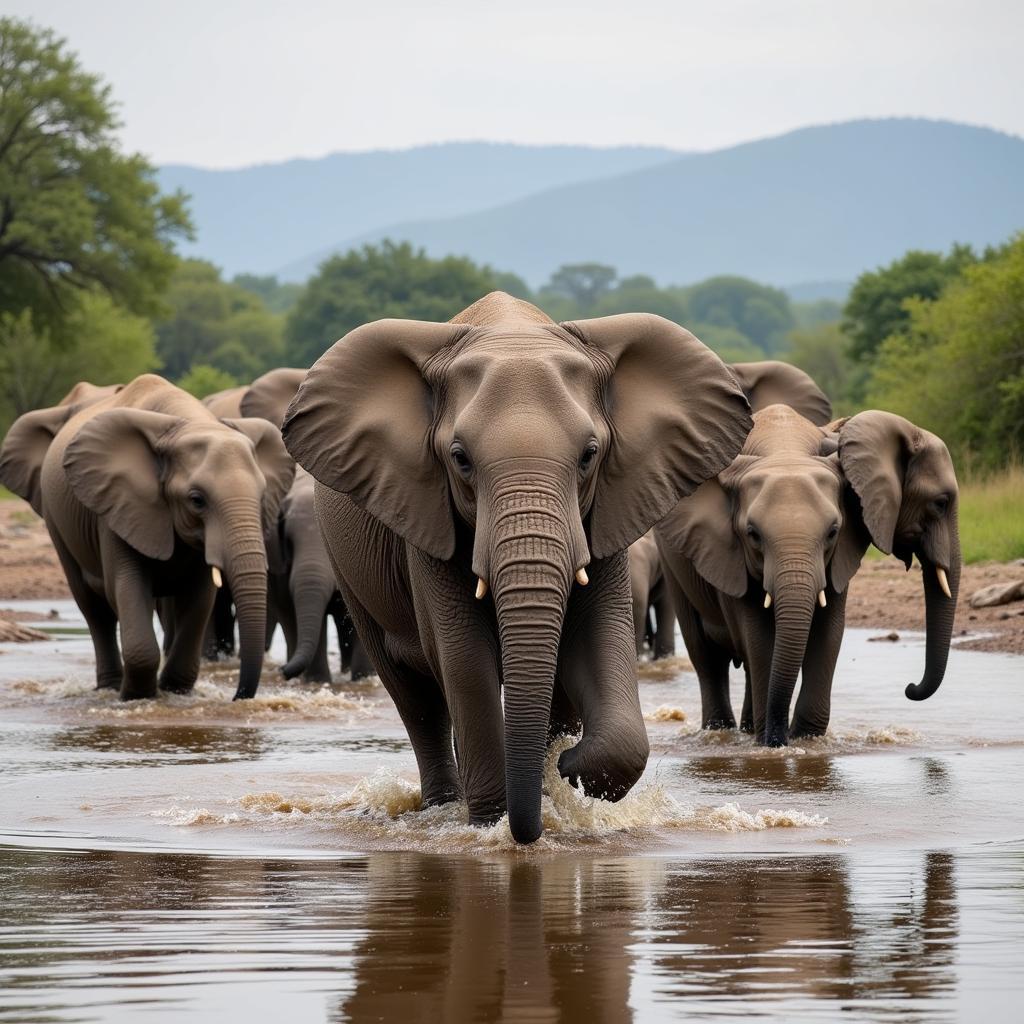 African Elephant Group Crossing River
African Elephant Group Crossing River
Conservation Challenges: Protecting a Legacy
While the social bonds of African elephant groups are strong, they face increasing threats from habitat loss, human-wildlife conflict, and poaching. Conservation efforts are crucial to protecting these magnificent creatures and their intricate societies. Supporting organizations that combat poaching, promote habitat conservation, and raise awareness is vital to ensuring the survival of African elephant groups for generations to come.
Conclusion: A Glimpse into a Remarkable World
Observing an African elephant group, whether through breathtaking HD photographs or in the wild, offers a unique glimpse into a world governed by family, wisdom, and resilience. Their social structure, complex and deeply rooted, underscores the importance of connection and community. As we marvel at their magnificence, let us also pledge to protect these gentle giants and their remarkable way of life.
FAQs:
-
How many elephants are typically in a group? African elephant groups vary in size, ranging from a few individuals to over a hundred. However, the average group size is typically around 10-20 elephants.
-
Do male elephants stay in the group? Male elephants leave the family group when they reach sexual maturity, usually around the age of 12-15 years old. They may live solitary lives or form loose bachelor groups.
-
How long do African elephants live? In the wild, African elephants have an average lifespan of 60-70 years.
Do you want to learn more about African wildlife and conservation efforts? Explore these related articles:
- African Forest Elephant Family: Dive deeper into the world of forest elephants and their unique adaptations.
- African Elephant HD Photos: Get inspired by a stunning collection of high-definition elephant photographs.
- African Jungle Images HD: Immerse yourself in the beauty and diversity of the African jungle through captivating imagery.
Contact us for more information on African Elephant Group Hd:
Phone Number: +255768904061
Email: kaka.mag@gmail.com
Address: Mbarali DC Mawindi, Kangaga, Tanzania.
We have a dedicated customer service team available 24/7 to answer your questions and provide support.
